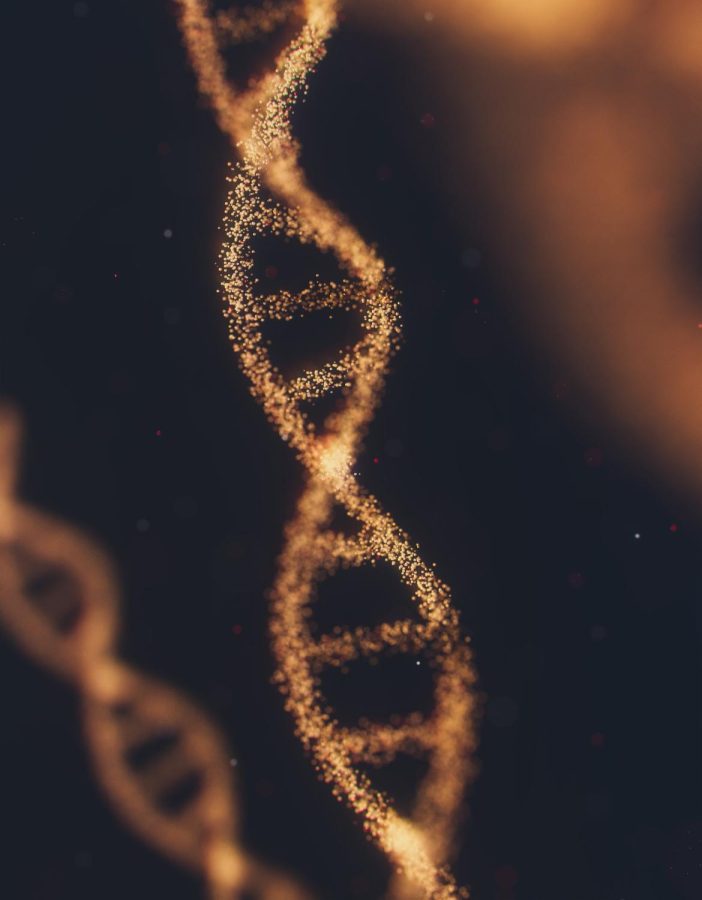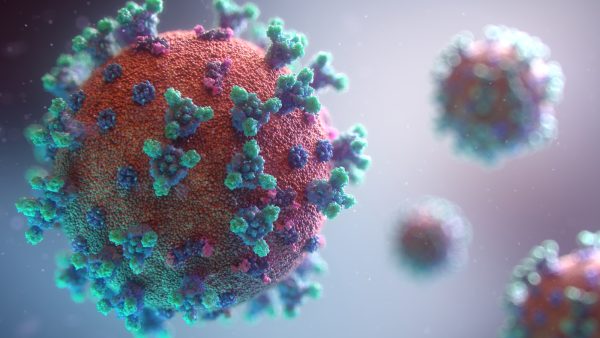Diving Into Genetics
Jumping into the Genetics pool.
Unsplash grants you an irrevocable, nonexclusive, worldwide copyright license to download, copy, modify, distribute, perform, and use photos from Unsplash for free, including for commercial purposes, without permission from or attributing the photographer or Unsplash. This license does not include the right to compile photos from Unsplash to replicate a similar
Genes are the fundamental components of heredity and are responsible for the transmission of traits from one generation to the next. They are made up of DNA fragments that have instructions for making proteins that do specific things for the body. The study of genes and their functions is known as genetics. It has resulted in numerous significant discoveries in agriculture, medicine, and other fields.
Chromosomes coordinate between 20,000 and 25,000 traits in an individual. For a wide range of bodily processes, including growth, metabolism, and immune system response, each gene must produce a specific protein. Variants of a particular trait can arise from alleles or variants of a gene. There are, for instance, distinct alleles for blood type, eye color, and hair color. While some alleles are dominant and will be expressed even if there is only one copy, others are recessive and will only be expressed if there are both copies. Genes can also be affected by the environment. DNA damage and gene mutations brought on by exposure to certain chemicals or radiation, for instance, can lead to cancer and other diseases.
Genetic research advancements have led to numerous medical breakthroughs. Now, specific diseases like breast cancer and Alzheimer’s disease can be studied and predicted using hereditary testing. This data can be used to create individualized treatment plans and preventative measures. As a result of research in genetics, new treatments for genetic diseases have also been developed. Gene therapy, for instance, involves inserting healthy genes into cells to supplement or replace defective genes. This strategy has shown promise in the treatment of cystic fibrosis, sickle cell anemia, and muscular dystrophy. Genetic research has led to the development of genetically modified crops, which have been engineered to be more resistant to pests and diseases and to have higher yields. This has the potential to improve both the environmental impact of agriculture and food security.
However, genetics research also raises ethical concerns. The ethicality of producing “designer babies” through the use of genetic engineering in human reproduction is questioned, and the capacity to manipulate genes raises concerns regarding the possibility of genetic discrimination. In conclusion, our genes, which are the fundamental components of heredity, have a significant impact on our physical and behavioral characteristics. Advances in genetics research have led to several significant discoveries that have the potential to alter a variety of fields, including medicine and agriculture. However, careful consideration of the ethical implications is necessary to ensure that genetic research is utilized ethically and responsibly.
Related Stories
Take Action
Take action by looking at where you Genetics come from.
























